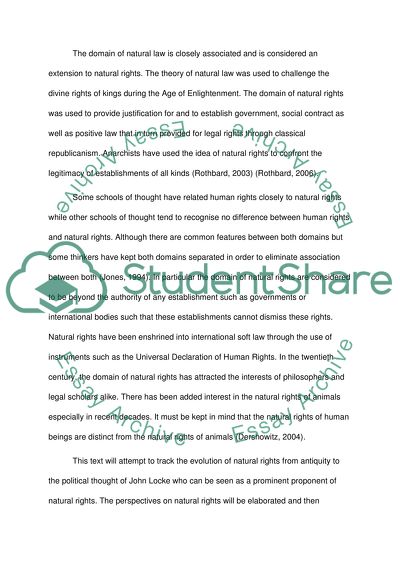Cite this document
(“Natural Rights and John Locke Essay Example | Topics and Well Written Essays - 2750 words”, n.d.)
Retrieved from https://studentshare.org/philosophy/1395927-natural-rights-and-john-locke
Retrieved from https://studentshare.org/philosophy/1395927-natural-rights-and-john-locke
(Natural Rights and John Locke Essay Example | Topics and Well Written Essays - 2750 Words)
https://studentshare.org/philosophy/1395927-natural-rights-and-john-locke.
https://studentshare.org/philosophy/1395927-natural-rights-and-john-locke.
“Natural Rights and John Locke Essay Example | Topics and Well Written Essays - 2750 Words”, n.d. https://studentshare.org/philosophy/1395927-natural-rights-and-john-locke.


